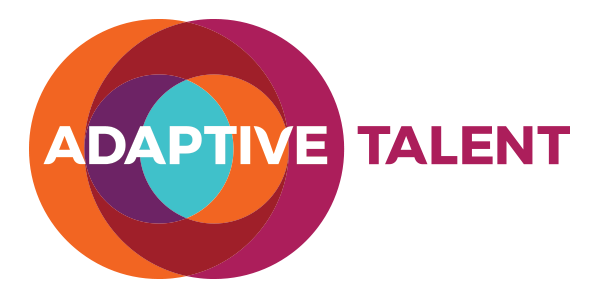Many of us have heard the stories of GenX, Y, etc. and how organizations should adopt unique talent development strategies because there are such profound differences in the way people work and approach their careers. That always felt a little odd to me, mostly because I have never liked getting assigned various attributes simply because I fit a criterion like age.
There’s an interesting emerging research project being done by the RBL Group to study career drivers. Here’s an excerpt from their report: “Though the generation Y population shows some differences in buying habits, religiosity, technical aptitude, and political involvement to previous generations, is it wise to assume that what motivates today in the work place is drastically different from what motivated yesterday? Or that generational grouping is a wise way to simplify career drivers across your organization? Many companies are making this assumption.”
They used a tool called Career Orientations (there are tons of models out there that all get to roughly the same spot..) to test for the following career drivers:
Ahead – Seeking upward mobility to achieve status and pay
Secure – Seeking for loyalty, a sense of belonging, and order
Free – Seeking for autonomy, loose supervision, and freedom to do great work
Balanced – Seeking to balance work, relationships, and self-development
High – Seeking for a challenge and exciting work
“So far, the data suggests that organizations would fare better basing their talent management systems around the type of employee that will best meet their unique customers’ expectations and what motivates those employees to give their discretionary effort rather than on current beliefs about generational differences. “
This isn’t to say that people can’t desire aspects of each driver, but that people tend to have a primary driver at any given time, so simply adopting a dual career track is insufficient by itself because it ignores the relative preferences people can have across their careers. Some organizations have started helping individuals label themselves and their preferences so that they can then compare various career opportunities for a match. I’d love to learn of some larger companies that are taking the next step and actively labeling certain opportunities (business units, initiatives, or roles) with various labels that align loosely with the above drivers. You can see how adopting internal social networking (online as well as in person) could then help expose people to these opportunities in a much more fluid, relationship based way that could run at scale.
I suspect an additional aspect to future career orientation research will be the impact of unemployment and automation on people’s career drivers. In particular, given the levels of automation and outsourcing I suspect we’ll see grow in the near and mid term, I believe we’ll see fewer opportunities at the lower and middle levels and resulting higher percentages of unemployment that last longer and result in people considering or applying for roles that were formerly considered “beneath them” simply so they can have a job. Given this, I wonder how this will impact internal career mobility for those unable or unwilling to take a leap of faith with a new role, or if we’ll see more people learning to be much more comfortable with risk as a core aspect (not necessarily driver) of their professional career.
Adaptive Talent is a talent consultancy designed to help organizations achieve amazing results and ongoing adaptability. Founded in 2008 and based in Vancouver, Canada we offer retained search, assessments, total rewards consulting, training, leadership coaching and development programs, and culture & organizational development consulting.

